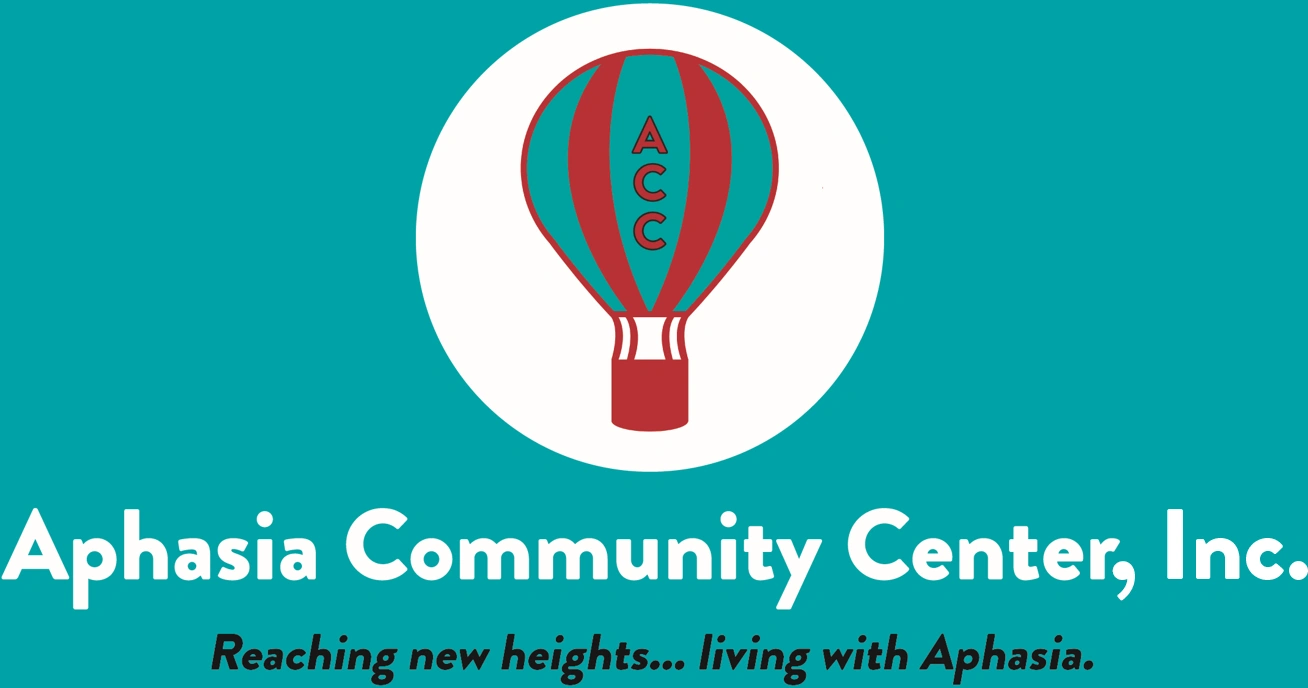Aphasia is a language disorder that affects one’s ability to communicate with others. It can result from a stroke or brain injury and affects one’s ability to talk, read, write, or understand words. Each person’s experience with aphasia is unique because it manifests differently based on the person, the brain location, the severity, and the underlying cause of the stroke. For those living with aphasia, even successfully saying simple phrases like “Hi, how are you?” can be significant milestones. Having strategies for coping with aphasia will help with how to live with aphasia.
Coping with aphasia can be challenging, but there are strategies that can help improve communication and overall quality of life. Here are several suggestions:
- Speech Therapy:
- Regular speech therapy sessions are crucial for individuals with aphasia. These sessions focus on improving language skills, including word retrieval and overall communication.
- Practice exercises such as naming objects, repeating phrases, and reading aloud can strengthen language abilities.
- Augmentative and Alternative Communication (AAC):
- AAC devices like communication boards, tablets, or apps can help express thoughts when verbal communication is difficult.
- These tools allow users to select words, phrases, or images to convey their messages.
- Join the AAC Group at the Aphasia Community Center, Inc. All registered members of the Aphasia Community Center, Inc. get to attend this group for FREE! Visit our calendar to see when the next class is.
- Use Visual Aids:
- Pictures, icons, and written cues can aid in understanding and expressing ideas.
- Create a personalized communication book with commonly used words and images.
- Slow Down and Be Patient:
- Take your time when speaking or listening. Rushing can lead to frustration.
- Encourage others to be patient and allow you to express yourself at your own pace.
- Join Support Groups:
- Connecting with others who have aphasia can be comforting and educational.
- Aphasia support groups provide a safe space to share experiences, learn coping strategies, and build social connections.
- The Suncoast Aphasia Support Group provides support groups that are FREE to attend. See the Aphasia Community Center, Inc. calendar for the monthly Suncoast Aphasia Support Group and Co-survivor Support Group meetings.
- Practice Conversations:
- Engage in conversations with family, friends, or therapists.
- Focus on meaningful interactions and practice using different communication techniques.
- Use Gestures and Facial Expressions:
- Nonverbal cues can enhance communication.
- Pointing, nodding, and facial expressions can convey meaning even when words are challenging.
- Write It Down:
- Keep a communication notebook to jot down essential information or thoughts.
- Writing can supplement verbal communication.
- Stay Positive and Persistent:
- Aphasia recovery takes time. Celebrate small victories and progress.
- Maintain a cheerful outlook and continue practicing regularly.
- Educate Others:
- Help family, friends, and coworkers understand aphasia.
- Teach them effective communication strategies to use when interacting with you.
Remember that everyone’s journey with aphasia is unique, so find what works best for you and adapt as needed. Seek professional guidance from a speech-language pathologist and explore resources to enhance your communication skills and well-being.

